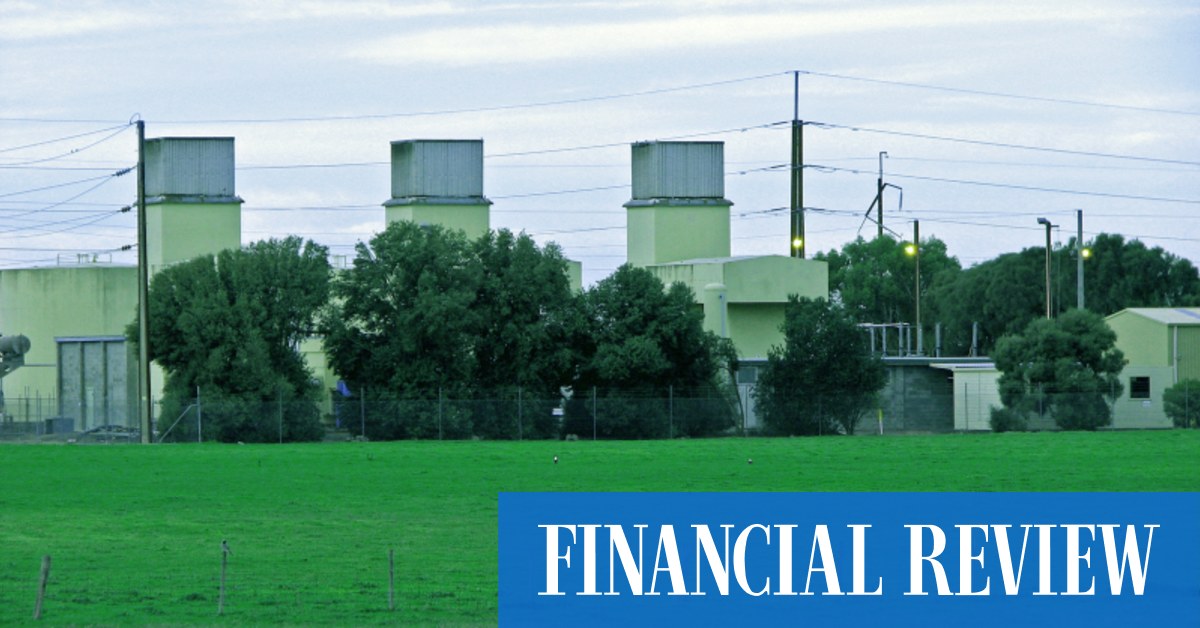

It IS bespoke internal development, not for deployment outside of the facility.
The computers running the software exist only to run this software and have no business talking to the internet at all.
IT is provided by an external third party vendor who operate on an inflexible “best practices dogma”.















Worst/Pragmatic.
If I get a timeline for a feature request, then everything can be scheduled, tested, whitelisted, delivered at a reasonable time.
That’s the rarer event - normally it’s more like “the scale head has died and a technician is on the way to replace it” and whilst I modify the program in question to handle this new input, hundreds of staff are standing around and delivery quotas won’t be met.
Is my position arrogant? This is the job.
I’ll see if this is possible at the site in question, thank you.